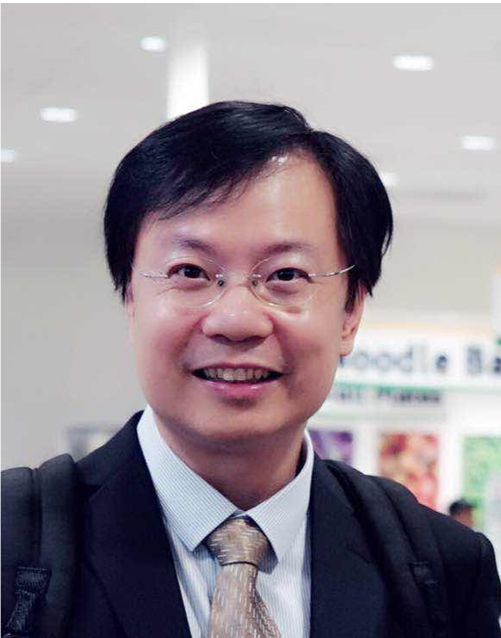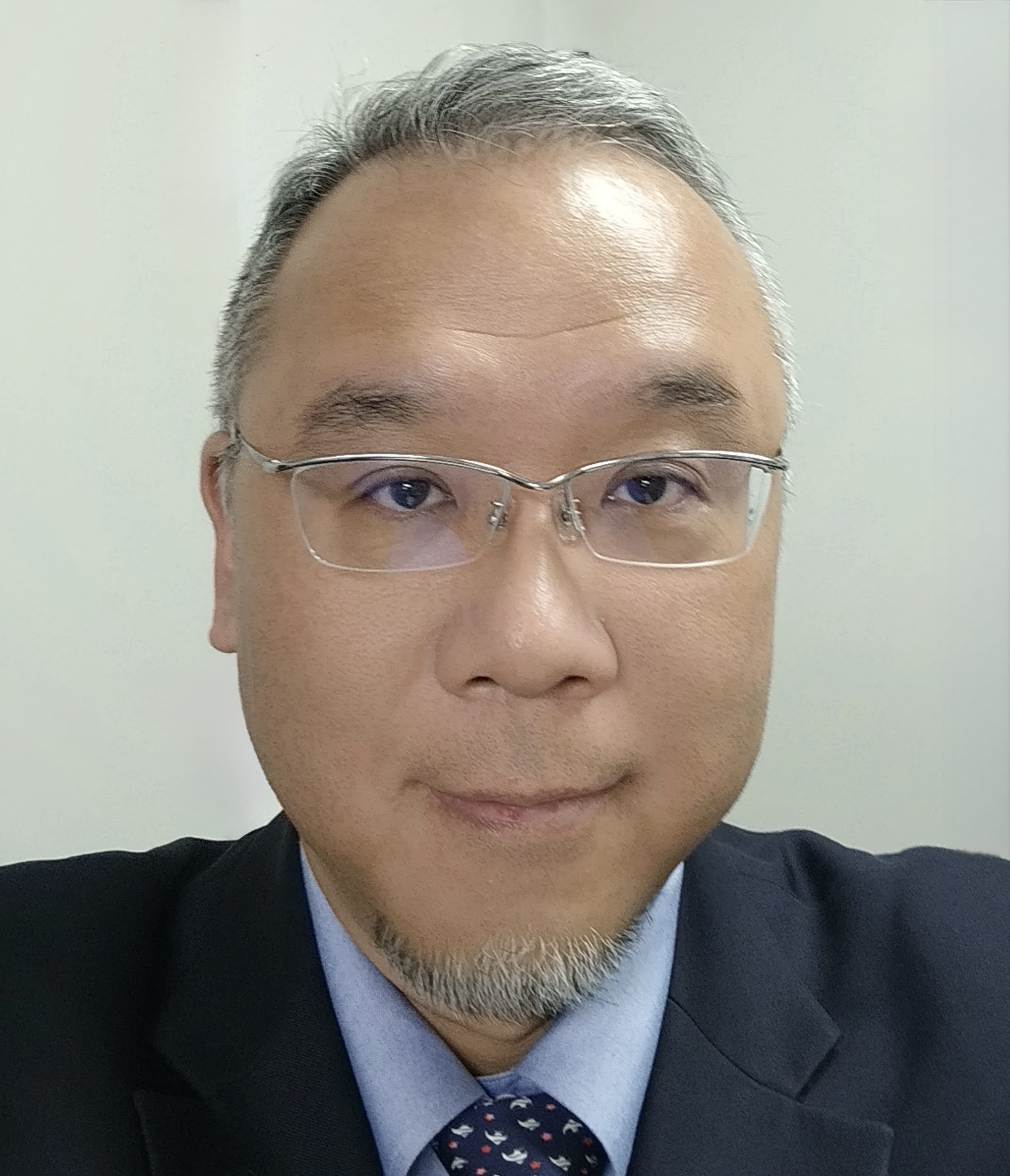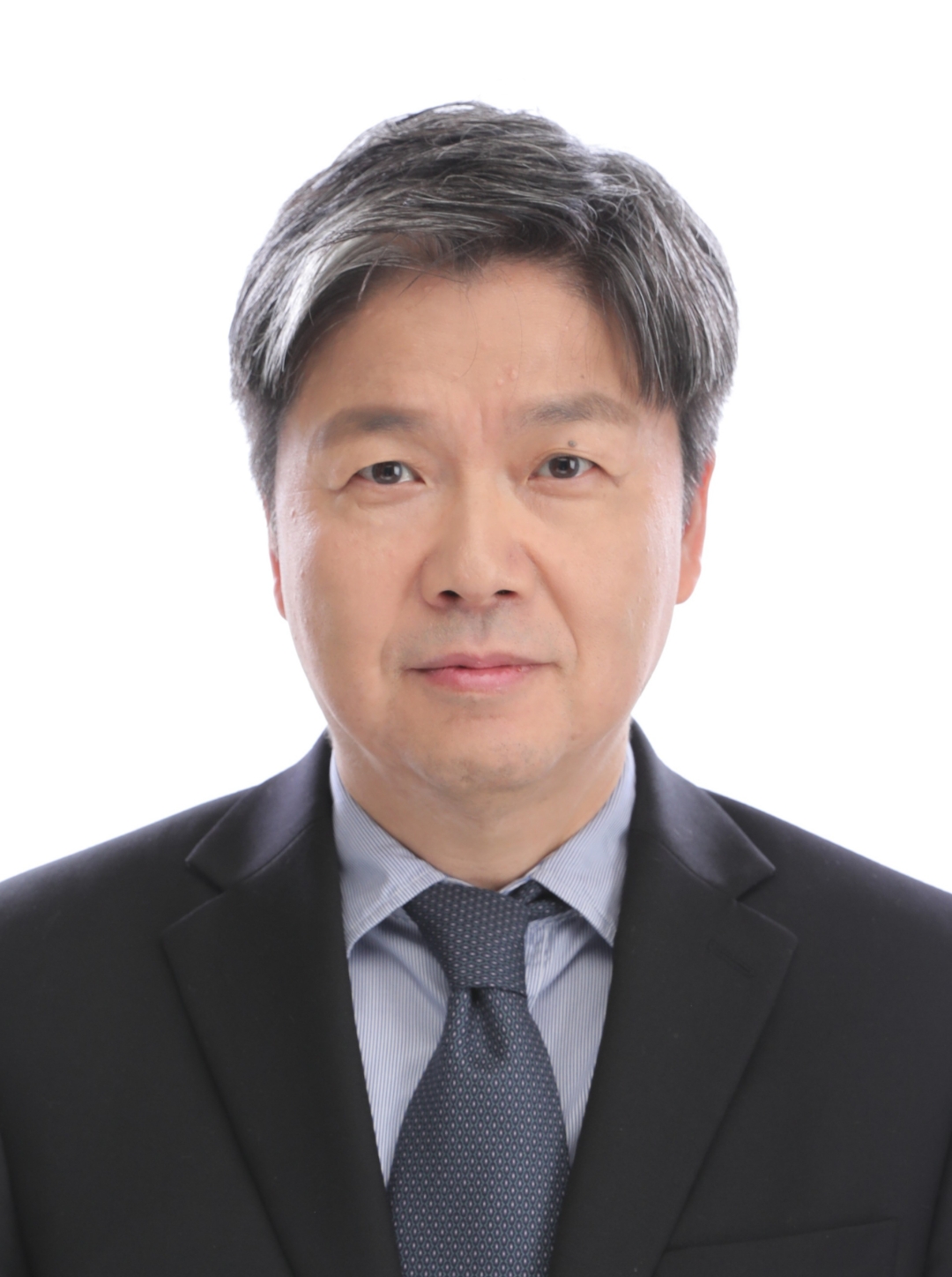National Taiwan University of Science and Technology, Taiwan

Special Title:
From AI to Generative AI: Cross-Domain Innovative Applications and Smart Healthcare
Abstract:
This keynote addresses the paradigm shift from AI to Generative AI, emphasizing its cross-domain innovative applications and transformative potential in smart healthcare. It explores the evolution of AI technologies, challenges such as hallucination, bias, and high resource demands, and emerging solutions including Retrieval-Augmented Generation, mixture-of-experts, and multi-token prediction. Case studies demonstrate how generative AI enhances industrial efficiency, automates enterprise processes, and supports medical applications such as radiology report generation and disease diagnosis. By integrating spatial intelligence, robotics, and domain-specific innovations, this talk highlights pathways for responsible, sustainable, and impactful deployment of Generative AI across sectors.
Biodata:
Prof. Guo received the Ph.D. degree from the Institute of Communication Engineering, National Taiwan University, Taipei, Taiwan, in 2004. He is currently a full Professor with the Department of Electrical Engineering, and Director of Advanced Intelligent Image and Vision Technology Research Center. He has been seconded as Chief Technology Officer to Service Systems Technology Center and Information and Communications Research Laboratories of Industrial Technology Research Institute (ITRI) starting from 2022 and 2023, respectively. He was Vice Dean of the College of Electrical Engineering and Computer Science, and Director of the Innovative Business Incubation Center, Office of Research and Development. His research interests include multimedia signal processing, biometrics, computer vision, and digital halftoning.
Dr. Guo has received many awards, including Best Paper Awards (IEEE ICCE-TW 2020, IS3C 2020, NSSSE 2020, ICSSE 2011 and 2020, ICS 2014, and CVGIP 2005, 2006, 2013, 2016, and 2019), Outstanding Contribution Award from Taiwan Consumer Electronics Society in 2021, Outstanding Electrical Engineering Professor Award from Chinese Institute of Electrical Engineering, Taiwan in 2016, Outstanding Research Contribution Award from Institute of System Engineering in 2017, Excellence Research Awards from his university for five times (2008, 2011, 2014, 2017, 2020, and 2022, this award is evaluated and issued every three years),
Dr. Guo has been General Chair of many international conferences, e.g., IEEE ICCE 2025, APSIPA 2023, IEEE Life Science Workshop 2020, ISPACS 2019, IEEE ICCE-Berlin 2019, IWAIT 2018, and IEEE ICCE-TW 2015. He has been Technical Program Chair of many international conferences as well, e.g., IEEE ICIP 2023, IWAIT 2022, IEEE ICCE-TW 2014, IEEE ISCE 2013, and ISPACS 2012. He is/was Associate Editor of the IEEE Transactions on Image Processing, IEEE Transactions on Circuits and Systems for Video Technologies, IEEE Transactions on Multimedia, IEEE Signal Processing Letters, Information Sciences, Signal Processing, and Journal of Information Science and Engineering. He is a Fellow of IEEE,AAIA, and IET.
Prof. Hideki Tode
Osaka Metropolitan University, Japan

Speech Title:
Unlocking Peer-to-Peer Potential through Smart Extensions of BitTorrent
Abstract:
Peer-to-Peer (P2P) networking is a smart technology that enables swift information sharing among a large number of nodes (user hosts) by dynamically switching the roles of client and server over time and by exchanging data in parallel across space. This approach offers attractive features such as simplicity in system construction, fault tolerance, and enhanced security. In this keynote, we provide an overview of P2P technologies with a particular focus on BitTorrent.
Beyond explaining
its fundamental
operation, we
highlight several
smart application
cases, including
efficient
distribution of
content within
limited area over
wireless LANs,
multimedia
communication
applications, and
adaptation to
optical networks.
Through these
examples, we
emphasize that P2P
networking is a
highly flexible and
promising technology
with strong
potential for
further development.
Biodata: Hideki Tode received the B.E., M.E., and Ph.D. degrees in communications engineering from Osaka University in 1988, 1990, and 1997, respectively. From 1991 to 2008, he was an Assistant Professor and an Associate Professor with Osaka University. He has been a Professor with the Department of Computer Science and Intelligent Systems, Graduate School of Engineering, Osaka Prefecture University since 2008, which is renewed as Graduate School of Informatics, Osaka Metropolitan University from 2022. His current research interests include architectures and controls for optical networks, wireless LAN and sensor networks, network security, and future Internet. He is a Fellow of the Institute of Electronics Information and Communication Engineers, Japan.
Seoul National University, Korea

Special Title:
Semiconductor Innovations for AI: Toward a Memory-Centric Computing Paradigm
Abstract:
The rapid advancement of Artificial Intelligence (AI) has significantly increased computational complexity and power consumption, pushing traditional von Neumann architectures toward fundamental limitations. Modern AI workloads, particularly generative models, exhibit memory-bound characteristics in which data movement between processors and memory dominates latency and energy usage. As semiconductor scaling slows near the 7-nm technology node and chip development costs rise, architectural innovation has become a key driver of system performance improvement.
This presentation discusses the global competition in AI semiconductor technologies that increasingly seek compute sovereignty through in-house AI chip development. It further highlights the critical role of memory technology, as high-bandwidth data access emerges as the primary performance bottleneck.
Advanced memory solutions such as High Bandwidth Memory (HBM), Processing-in-Memory (PIM), and Compute Express Link (CXL) are introduced as promising approaches to overcome von Neumann bottlenecks. Recent developments including HBM4 base-die compute integration, DRAM-embedded PIM accelerators, and CXL-based memory expansion demonstrate the shift toward a memory-centric computing paradigm.
By examining these technology trends and industry dynamics, this work underscores the strategic importance of AI-memory innovation and explores opportunities to lead in the emerging era of memory-driven AI compute.
Biodata: Hyuk-Jae Lee received the B.S. and M.S. degrees in Electronics Engineering from Seoul National University (SNU), Seoul, South Korea, in 1987 and 1989, respectively, and the Ph.D. degree in electrical and computer engineering from Purdue University, West Lafayette, IN, USA, in 1996.
From 1996 to 1998, he was an Assistant Professor with the Department of Computer Science, Louisiana Tech University, Ruston, LA, USA. From 1998 to 2001, he was a Senior Component Design Engineer at Intel Corporation, Hillsboro, OR, USA. In 2001, he joined the School of Electrical Engineering and Computer Science, Seoul National University, where he is currently a Professor. He has been serving as an Independent Director of Samsung Electronics since March 2025, contributing to strategic guidance on system semiconductors and advanced technology innovation. Since June 2024, he has also been the Director of the Inter-university Semiconductor Research Center at SNU, leading national-level collaboration in next-generation AI semiconductor R&D.
His current research interests include energy-efficient computer architectures, AI-centric memory systems such as PIM and CXL-based disaggregated memory, deep learning accelerators, and heterogeneous SoC design for multimedia and large AI model workloads. He has published over 300 papers and holds numerous patents in these areas. He has led multiple major government and industry-funded R&D programs and has been actively engaged in semiconductor policy development and strategic advisory roles in South Korea.
Speakers in 2026 to be announced soon......